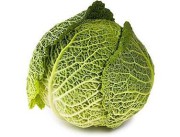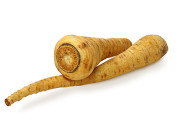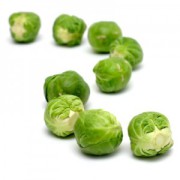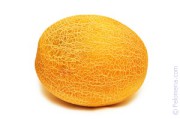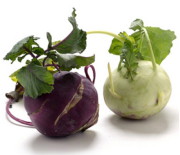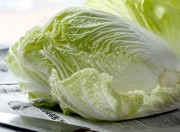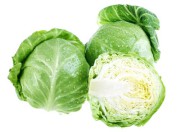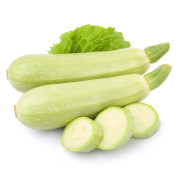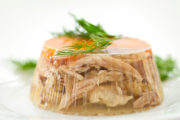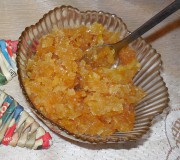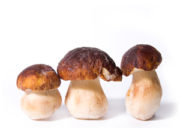Savoy cabbage beneficial properties. What savoy cabbage looks like and what is its harm.
In appearance, Savoy cabbage is very similar to our white cabbage, but it has a looser head with ribbed leaves that are easily separated from the stalk. This property is very useful when preparing cabbage rolls and salads. Have you ever tried to separate the leaves from cabbage? Surely half of the leaves will break, and the veins are thick, they either have to be cut off or beaten off. Therefore, Savoy cabbage is ideal in this regard, its leaves separate very well and the veins are completely invisible. It is also good for stewing and frying. The only thing you shouldn’t do is salt it for the winter, since the leaves of this vegetable are very tender.
What are the benefits of Savoy cabbage?

Like all cabbage vegetables, it contains many useful substances and minerals, the only way it differs from others is its content:
- a natural sugar substitute (mannitol alcohol), which makes it possible to consume vegetables with high blood sugar levels,
— it contains natural antioxidants, the most significant of which is glutathione. It prevents the formation of cancer cells, prolongs youth, restores the functioning of the nervous system;
- has the substance ascorbigen, which blocks poisoning by various poisons, including carcinogens, and also reduces the formation of malignant tumors.
— Savoy cabbage contains relatively rare vitamin D, which helps the proper development of the bone structure in children. It is also useful for adults - preventing the occurrence of osteoporosis, improving metabolism, and as a result, a feeling of vigor and good mood.
The product contains a lot of fiber. For people on a diet, it is enough to eat two vegetable salads with savoy cabbage and a few apples, and you can replace bran, which many do not like.
Contraindications
It is very difficult to talk seriously about the dangers of vegetables. Even people without deviations or illnesses often refuse Savoy cabbage for one reason - personal rejection of the product. This is expressed in the form of bloating and flatulence. People with diseases of the endocrine glands, as well as gastrointestinal diseases, who should not eat a lot of fiber, should not eat cruciferous vegetables. Nutritionists recommend that people with heart disease not eat cabbage of all types. The reason is the same with the risk of bloating and gas formation, which can form excess pressure on the heart.

